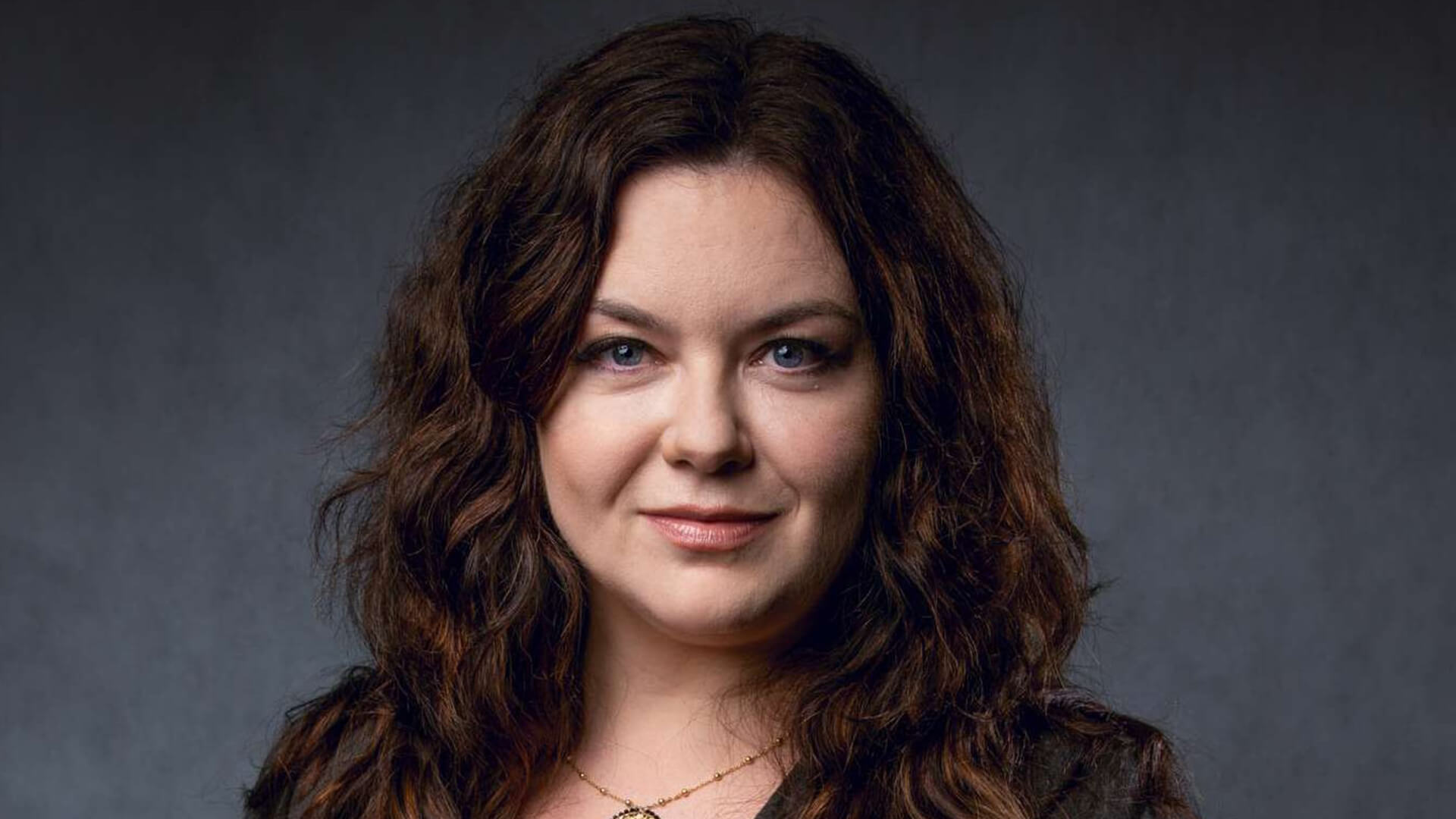
Marta, for over a year you have been preparing your organisation for an objectively very difficult process, namely the acquisition of your company – UPC (Polish subsidiary of Liberty Global) by another market player. What was the biggest challenge?
Indeed, it has been a very challenging time for the organisation and surely, it is not over yet. From a CPO’s point of view, it is an extremely interesting and enriching period. Whilst preparing for the merger, we were well aware that this would be a highly emotional time for all our staff. And we knew that the only way to defuse this “emotional bomb” is to adopt transparent, clear communication with all the employees. As the Board, we could not take care of every single person – this was the role of line managers - but we wanted everybody to be fully informed about what was going on. At the same time, we wanted to understand our employees’ problems and doubts rather than to make assumptions, or to take a guess.
So what did you do?
We proposed several communication platforms, points of contact, with our employees and different programmes. But in focus groups, where people could voice their opinions, it became clear they feared that they would struggle to adapt to the new reality - they did not know what they were fit for or whether they could do something different...
And not that they will lose their job following the merge? This would have seem like the most obvious concern.
One is the consequence of the other. If “I can’t do it, I don’t know it, I might not be fit for it” then “I will probably lose my job”. We knew we had excellent people in our organisation, so we decided to concentrate on solving this problem and introduced a multi-stage, multi-module programme called “Energy For a New Beginning”. We wanted to build our employees’ confidence in their own abilities, knowledge and experience. As you know, one of the components of this programme, was a project named “Brand Yourself” which for the senior management group was executed in partnership with Friisberg Poland. Conversations with independent Executive Search consultants helped our employees to see and appreciate what they represented and what they could do with their career in the new organisation. Obviously we gave similar opportunities to all employees via internal coaching, measuring certain skills, special development days and dedicated workshops – that part was lead by HR Team.
Yes, it was a very interesting project. In a sincere, non-judgemental conversations people were able to open up, reflect and think through different issues related to their previous experiences. What else did you focus on?
At all times up until zero hour we had average market attrition and we delivered the business result with a surplus. It was due to the fact that our corporate culture has built commitment, motivation and a high level of employee satisfaction. These are always important factors in organisation management, but at times of incertitude and high emotions they become an essential protective shield.
A merger like this is always a culture shock. It is important to realise that the culture of the other organisation is usually different. It should not be discredited without exploring and getting to know it. In our case the processes, the procedures, the language – all of them were different, therefore the buyer had decided to give us three months following the merge to get to know each other, without introducing any substantial changes. This, however, made people fill uncertain, not knowing what was to happen, as if in a fog.
I think every solution has its pros and cons, just like the strategy of drawing a line under the past and taking quick decisions without exploring the essence of the matter. But regardless of the merger strategy, it is paramount to show people respect in the process.
The other thing is to redirect emotions towards constructive actions, to something one can have a say in. It is imperative – and this is the role of line managers – not to allow employees to split hairs about matters beyond their control. We play the cards we have, there is no other way round. But for the game to make sense, it requires commitment at all levels.
Taking care of people’s emotions at an individual level is a must, but it cannot only be done by the Board, this is untenable. It is the responsibility of each team leader at their own level.
If you were to give some advice to those facing a similar process, what would you say?